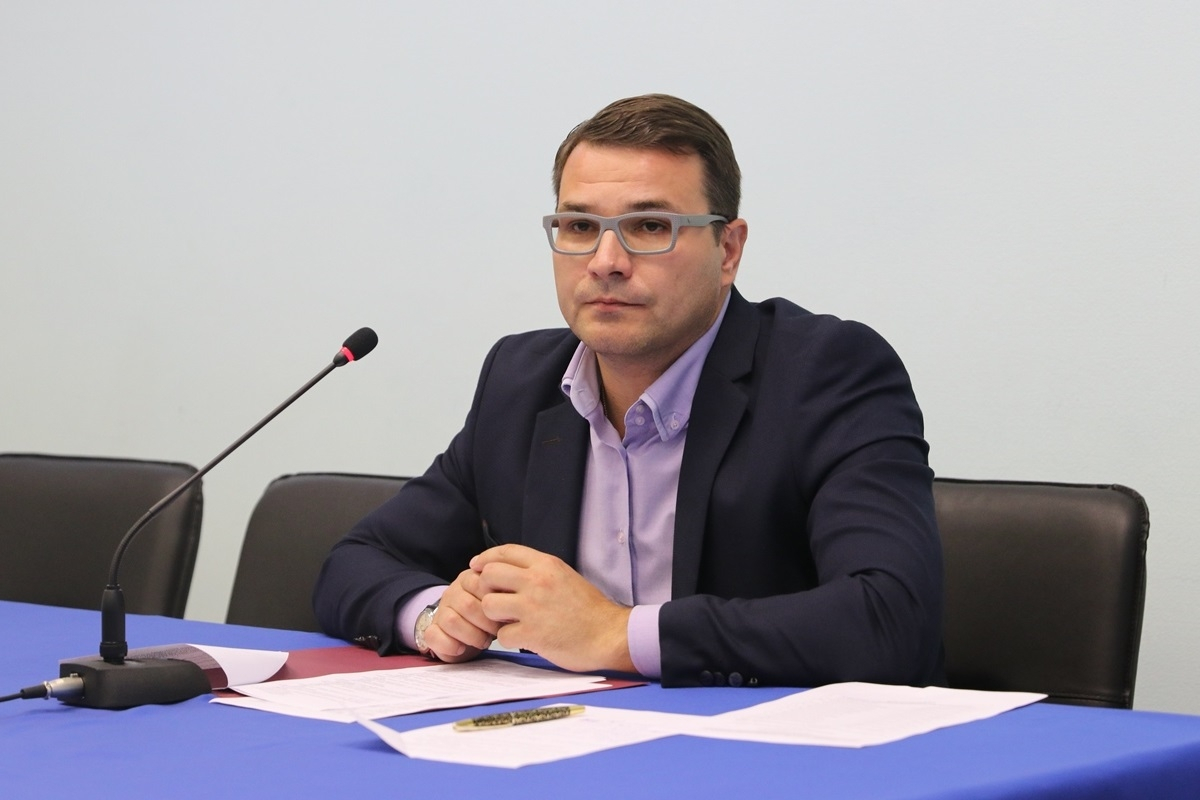‘Timely and future-oriented’: how St Petersburg University online courses help students of other universities study remotely

With the transition of Russian higher educational institutions to distance learning due to the pandemic, the issue of organising teaching and learning processes has become acute for many universities in the country. St Petersburg University was one of the first to offer help. It opened access to all its online courses for students of other universities free of charge, with the possibility of transferring credits for courses.
So, in just a couple of weeks from 16 March 2020, more than 13,000 students were enrolled in St Petersburg University courses at the request of 66 Russian universities, and students from another 23 Russian universities applied individually. At the same time, the total number of students of the Open edX platform in the spring session increased to 1.2 million, of which more than 330,000 people are students of the online courses of St Petersburg University. Associate Professor Danil Rybin is a Candidate of History and Director of the St Petersburg Institute (branch) of the All-Russian State University of Justice of the Ministry of Justice of Russia. He told us why he had decided to send his students to St Petersburg University online courses; what his students say about these courses; and how promising further cooperation between universities is in this format.
How did you come to the decision to send your students to St Petersburg University online courses?
In March 2020, almost all Russian universities were solving urgently the problem of organising student training using distance educational services without losing the quality of higher education. Many educational platforms that used to offer their online courses for a fee decided to provide free access to their learning resources. The largest universities in Russia did not stand aside either. It was during this period that St Petersburg University made the timely proposal about the possibility of enrolling students of the St Petersburg Institute (branch) of the All-Russian State University of Justice of the Ministry of Justice of Russia to the online courses of St Petersburg University.
What was the reason for choosing the courses?
First-year students turned out to be especially sensitive in this situation, given that they had not yet developed the skills of self-study. Of particular interest, therefore, were the online courses that met the curriculum of the first year of study in the programmes of higher education of the legal profile. From the whole variety of disciplines, two were chosen: ‘Life Safety’ and ‘History of Russia’.
Do you already have feedback from the students about the courses, what kind of experience have they had, and how do they evaluate work in this format?
To determine the level of student satisfaction with the proposed courses, we conducted a survey. When assessing the amount of information received during the study of the courses: 70% of the surveyed students rated it as high and very high; 28.9% consider the amount of information received to be comparable to that what students receive in the full-time offline course; 75% of the respondents would like to take more online courses at St Petersburg University; and more than 80% of the students would recommend them to other students.
What are the benefits of online education and distance learning in your opinion? What positive experience can be marked out in the context of the pandemic?
In almost all countries, distance learning is developing at an incredible pace. This is primarily due to the interest today’s people have in: raising the level of knowledge; broadening their horizons; and obtaining additional education without adjusting their usual lifestyle or without long business trips out of touch with their work or family. At the same time, the knowledge gained in this format makes it possible to quickly restructure one’s activities in a volatile economic market.
The indisputable advantage of distance learning, compared with acquiring knowledge in a traditional format, is the opportunity to receive education regardless of the geolocation of both the student and the educational site. At the same time, it is possible to find courses with a narrow subject area and a high learning rate. Distance learning technologies enables you to combine training with the main activity. Highly qualified teachers are involved in the design and development of online courses. It is not always possible to be taught by them. In general, distance education makes it possible to fulfil the need for self-education and mastering new professional skills.
Are there any drawbacks and how are they solved?
Of course, the distance learning system is not perfect and has several drawbacks. The fact is that this format is devoid of the main element of teaching – ‘live’ contact, direct ‘teacher-student’ interaction. This interaction is the main motivating factor for both students and teachers. A more mundane, but no less considerable problem, is that there are insufficient technical resources for a large part of the population of our country to receive education in this format, especially for those who live in remote corners. On the other hand, such a format is useful and effective, in my opinion, when organising training for people with disabilities. That is why it seems perfect to have a balanced, reasonable application of distance learning
How do you assess the prospects for interaction among universities in this format?
The prospects for interaction seem to be real and long-term, although they require serious thought. The free trial period for online courses will end and new arguments will be needed to attract participants to online courses.

